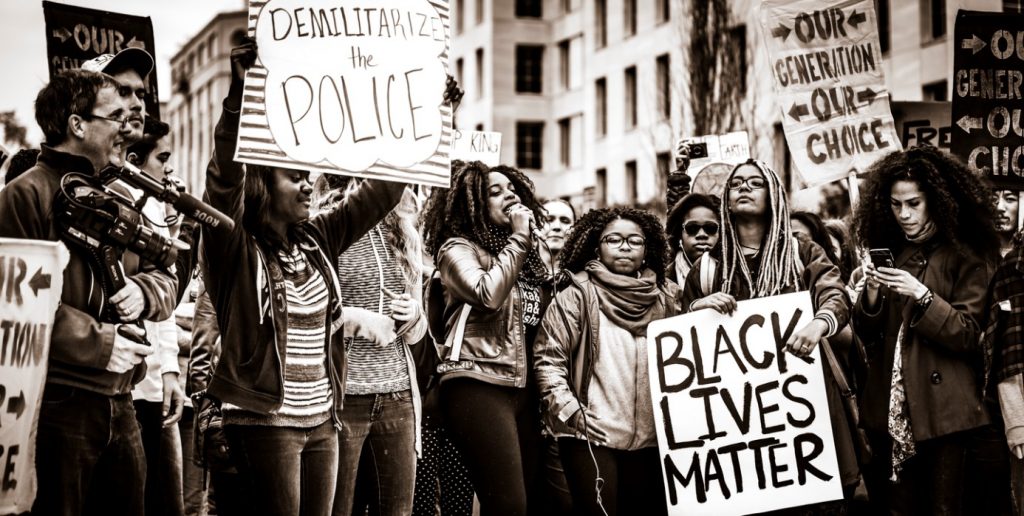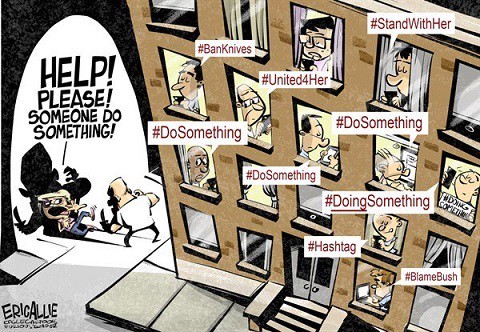Nolwenn Bargain
This blog post was produced as part of the course “Social Media, Ideologies, and Ethics in the United States” at the University of Turku.
Nowadays, social media are central in everyday life and widely used in society. I suspect everyone knows what social media are, but I am going to define them as websites or applications that enable users to create and share content or to participate in social networking.
Social Media and the Creation of Activist Movements
Social media are platforms for self-expression, and social activists use the internet to put pressure on powerful organizations and societies. I am sure that you have heard about movements such as Me Too, Times Up, Black Lives Matter, and Never Again, but do you know what they have in common? All of them gained influence through social media, particularly on Twitter. Social media allow minorities, who are often underrepresented, to have a voice. In addition to being avenues for expression, social media facilitate access to information and connect activists with each other. This is the case with Black Lives Matter, for example.

Black Lives Matter is a movement that has mobilized to fight violence and systemic racism against African Americans. It started out as just a hashtag (#BlackLivesMatter) that allowed people to express their indignation on social networks. Then they began organizing demonstrations and gathering together to denounce police brutality and racism in the police force. In this case, online activism allows people to organize events such as protest marches. They have their own website, Home – Black Lives Matter, where it is possible to join the movement.
Superficial Engagement in Social Media

Nevertheless, I would like to raise a point that we do not often think about. Using social media is clearly a way to create activist movements and feel involved in them, but is it not simply creating an “impression” of activism? Many people only share a message on an online platform or like a post, and some have the feeling of “being part of the movement.” This kind of support can be called disengaged activism. This is the case when people support a cause by taking simple measures, but are not necessarily engaged, not going to the demonstrations. This is a point that can be criticized.
The Importance of Social Links in Activism
We often hear about the positive effects of social media on activism. Journalist Malcolm Gladwell thinks that activism on social media is not real activism. According to him, “strong” relationships are necessary for any serious activist project, and social media often rely on “weak” relationships, people you do not know. For him, it is not enough. He defines Twitter as follows: “The platforms of social media are built around weak ties. Twitter is a way of following (or being followed by) people you may never have met.”
His point of view can be criticized. I agree that strong ties are crucial to creating a movement, but we must not forget that all strong links begin with weak links, and social media are a way to build strong social ties and generate shared goals.
Sources:

Many thanks.keep up the good work